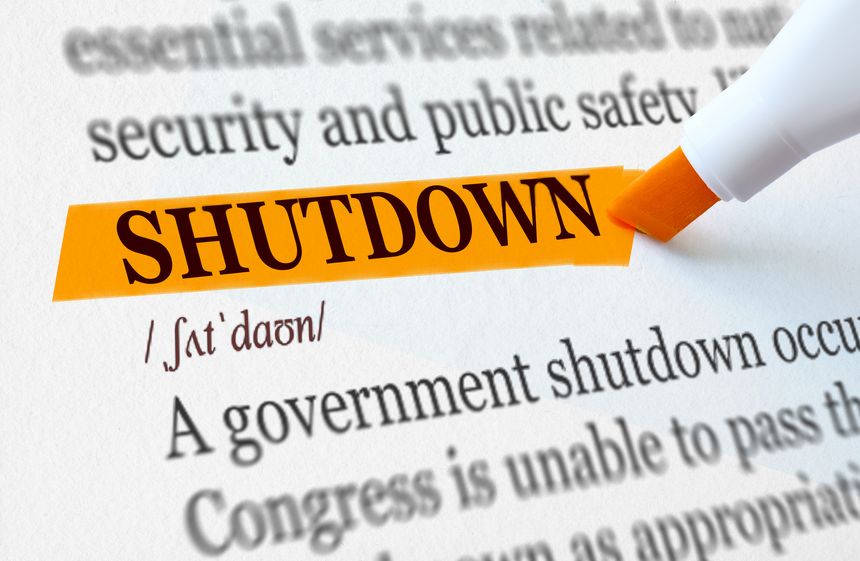The U.S. government shutdown is now in its fourth week, and the funding standoff is now impacting federal courts.
The Administrative Office of the U.S. Courts has confirmed that, as of October 20, the courts no longer have access to their usual level of funding. Until government funding is restored, courts will operate in a limited capacity that are only necessary to fulfill essential constitutional duties.
Federal judges will continue to serve under Article III of the Constitution. However, court staff may only carry out “excepted” duties permitted under the Anti-Deficiency Act. These include:
- Functions required by the Constitution;
- Activities necessary to protect human life or property; and
- Tasks authorized by federal law.
Staff performing these duties will work without pay during the shutdown. Others will be furloughed.
Each appellate, district, and bankruptcy court will decide how to manage cases, probation, and pretrial supervision during this period. For example, the Middle District of Tennessee has closed its office intake window and has suspended all attorney admission swearing-in ceremonies and naturalization ceremonies, among other cutbacks. The Middle District of Alabama has closed on Fridays to the public and staff, with court employees being furloughed on Fridays. However, the Northern District of California has not changed its public access to the courthouses or its hours but does note that it is running on a limited capacity. Similar to the federal courts, federal public defender offices will also determine staffing needs to support critical operations.
While the federal courts are running on limited capacity due to the lapse in appropriations, it is important to be aware that:
- The CM/ECF system remains active for electronic filings. Case details are still accessible via PACER.
- Courts will decide which cases proceed and which may be postponed.
- Jury operations will continue, as they are funded separately. Jurors should follow court instructions.
- The Administrative Office of the U.S. Courts will not be staffed to answer public calls. Alternative contact information is available online.
Therefore, so long as the CM/ECF filing system remains active, litigation parties must assume that their filing deadlines remain the same, unless the relevant federal court orders otherwise. Parties with business before the federal courts should expect to encounter delays, and plan accordingly. But the impact of the shutdown will vary from court to court. For questions, individuals should contact the relevant clerk’s office, probation or pretrial services office, or federal defender organization. Court websites also provide contact information and updates.
Questions? Please contact the authors of this alert, or the Womble Bond Dickinson attorney with whom you normally work.


/Passle/6878183c1547331efeed13be/SearchServiceImages/2026-02-20-22-22-04-732-6998de8c580d3a64a22b9607.jpg)
/Passle/6878183c1547331efeed13be/SearchServiceImages/2026-02-16-17-42-34-209-6993570af15a712545f4d7a3.jpg)
/Passle/6878183c1547331efeed13be/SearchServiceImages/2026-02-17-19-11-10-145-6994bd4e9c19591623111aba.jpg)